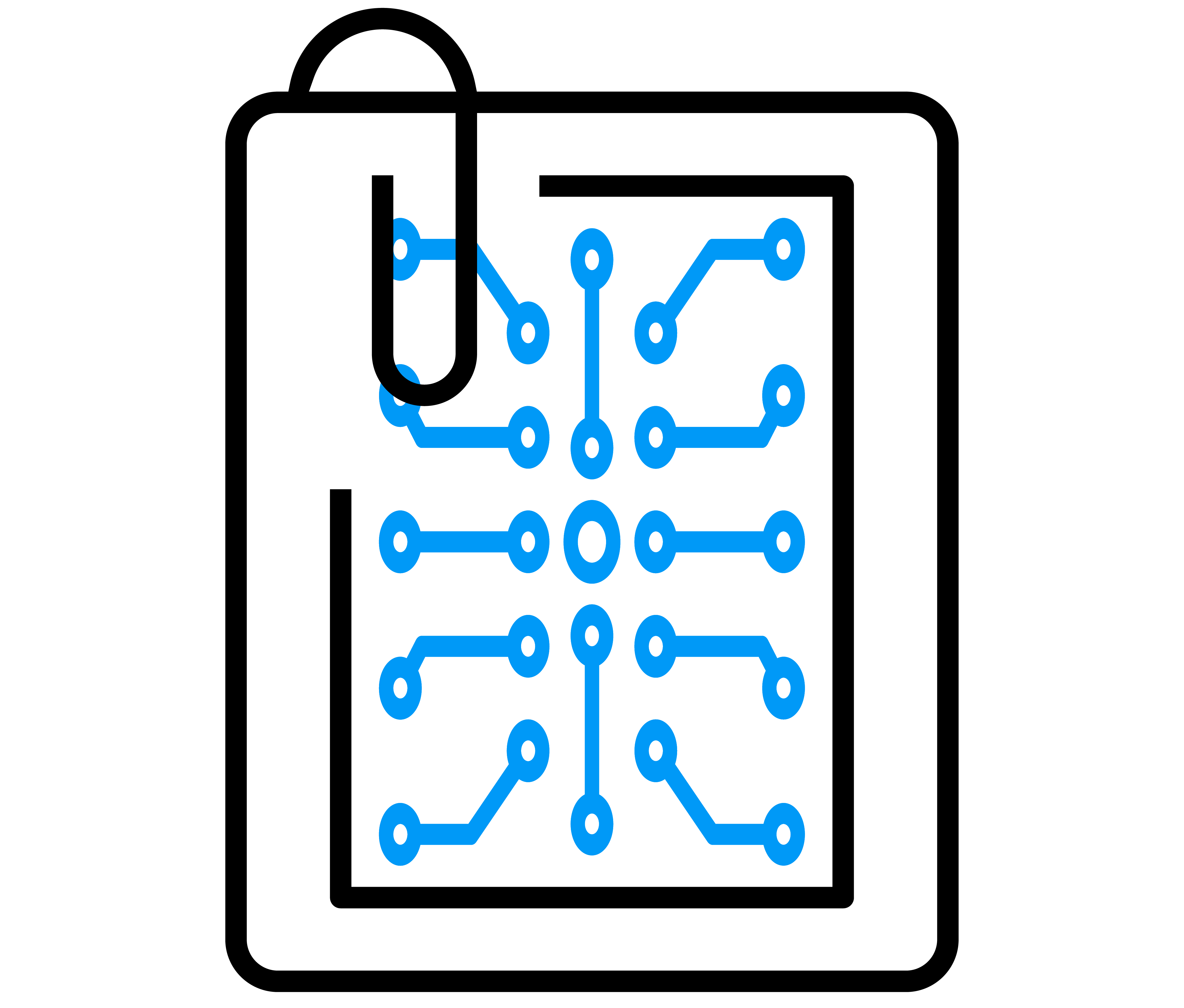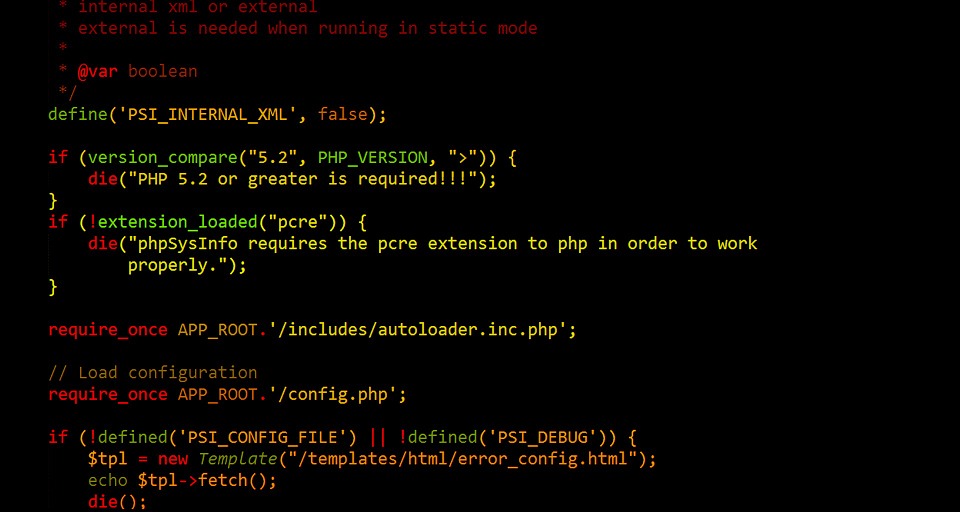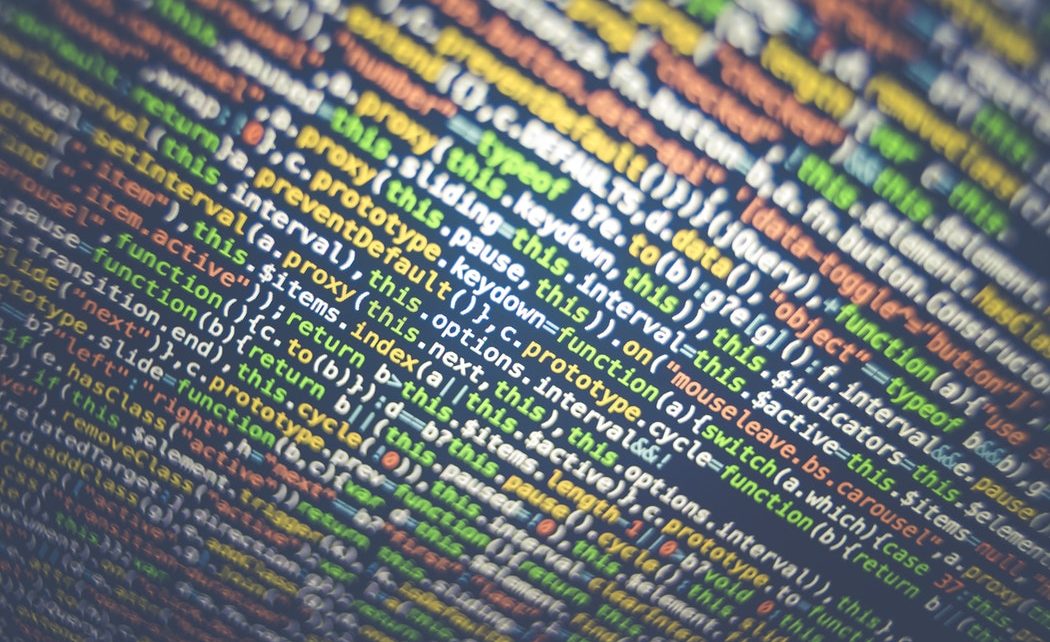This article provides a comprehensive guide to setting up a WordPress server on an Ubuntu system. It covers installing and configuring necessary software including PHP, Nginx, and MySQL, with detailed explanations of each command to facilitate understanding and implementation.
Tag: php
php
How To Add Captcha in PHP
In the vast realm of the internet, combating spam mail is an ongoing challenge for web developers and internet users alike. One effective method to mitigate the influence of spam bots is the implementation of CAPTCHA (Completely Automated Public Turing test to tell Computers and Humans Apart). PHP, a popular server-side scripting language, makes use of the GD (Graphics Draw) library to create CAPTCHA images. This article delves into the world of CAPTCHA and demonstrates how to utilize PHP and the GD library to deploy CAPTCHA on your website.
Homestead – Laravel – Setup
Laravel Homestead is an official, pre-packaged Vagrant box that provides you a wonderful development environment without requiring you to install PHP, a web server, and any other server software on your local machine. No more worrying about messing up your operating system! Vagrant boxes are completely disposable. If something goes wrong, you can destroy and re-create the box in minutes! Homestead runs on any Windows, Mac, or Linux system, and includes the Nginx web server, PHP 7.3, PHP 7.2, PHP 7.1, MySQL, PostgreSQL, Redis, Memcached, Node, and all of the other goodies you need to develop amazing Laravel applications.
WordPress Plugin Comments
WordPress, the most popular content management system in the world, owes much of its flexibility and extensibility to the vibrant world of plugins and themes. When it comes to creating WordPress plugins, one of the most crucial aspects is documentation. But before you even dive into the code, you must craft those essential lines of code known as “WordPress Plugin Comments.” In this article, we’ll unravel the significance of these comments and explain how they pave the way for seamless plugin development.
New in PHP 7
PHP 7 brings a plethora of features enhancing development efficiency. Scalar type-hints expand type-hinting to include integers, floats, booleans, and strings, enhancing input consistency. Anonymous classes offer simplicity for one-off objects, while Closure::call() simplifies callback execution. Generator delegation enables addressing generators from other functions, and generator return expressions allow for return values in generators. The null coalesce operator streamlines value checks, and the space ship operator facilitates value comparisons. Notably, PHP 7 adopts Throwable interface for errors, improving error handling. Additionally, improvements like level support for dirname() and intdiv() function add to the language’s usability. Overall, PHP 7 boasts impressive performance enhancements, outperforming even HHVM.






